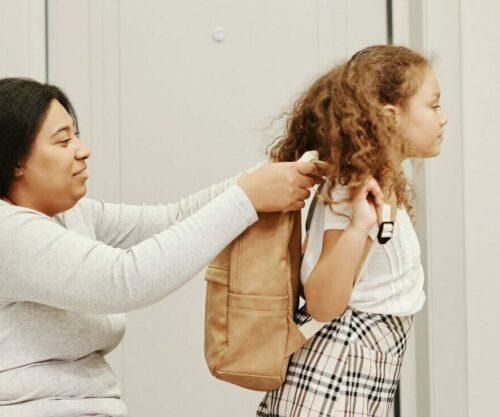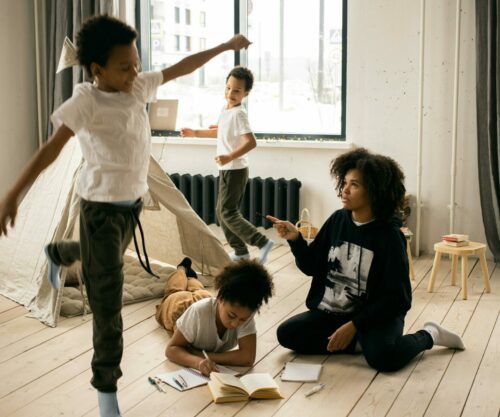
If your baby is a good sleeper, you’re lucky. But, there may still be times when your little one needs a bit of extra help at bedtime through baby sleep training.

Newborns
Newborn babies who are more unsettled may benefit from skin to skin contact and lots of cuddles.
Newborns find movement very soothing. For unsettled babies, try gentle rocking in your arms, in the pram, or in a sling or baby carrier. Suckling is also very soothing, so try to breastfeed or opt for a pacifier.
Monitors
A baby monitor lets you keep an ear on your baby from another room. So your baby can sleep in peace without disruption. Some monitors have a built-in room thermometer to alert you if the room gets too hot or cold. It’s important not to let your baby overheat when sleeping. If your baby is older (and a noisy sleeper), look for a monitor with adjustable sensitivity. You won’t hear every sound, but you’ll know if your baby needs you.
Self-soothing
See if you can leave your baby to settle alone after the first few weeks. Place your baby into the cot in a drowsy relaxed state, and hopefully your little one will drift off to sleep without too much fussing. If they do, you won’t need to return until their next feed however, if your baby becomes very upset you can go back to soothe.
Lullabies
Lullabies can help soothe your baby back to sleep, and you can sing or play them through a parent unit, if your monitor has one. The talkback function enables you to reassure your baby without going into the room. This is really useful for baby sleep training and also lets your baby know you are on your way.
Night lights
A night light is comforting for many babies, and is useful when checking on your baby when it’s dark. For example, you could use the night light on your monitor as it won’t disturb your baby.
Sleeping bags
A special baby sleeping bag is a great alternative to sheets and blankets, as your baby can’t wriggle out of it. Ensure that the sleeping bag is Tog rated for the different seasons to keep your baby at an even temperature when sleeping.
Bedtime routine
Babies and parents really benefit from a bedtime routine from about two to three months onwards. In the early evening, try a bath, a quick massage, a milk feed and maybe a special soothing bedtime song. From about six months, introduce a story and maybe a sleep time teddy or bunny.
Daytime eating
Encourage your baby to sleep more at night by feeding well and regularly during the day. At night, keep lights low, avoid too much stimulation and only change your baby’s nappy if necessary.
Source: Philips AVENT




